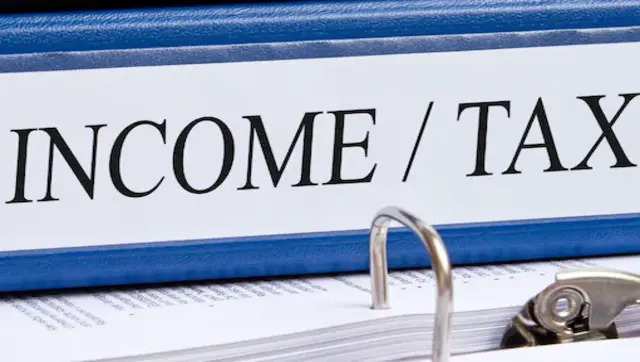Soon, there may be just one form for income tax returns. That, according to the latest proposal from the finance ministry on Tuesday. The Central Board of Direct Taxes (CBDT) has invited stakeholders to comment by 15 December. Let’s take a closer look at the proposal: How many ITR forms are there? Currently, there are 7 types of income tax return (ITR) forms which are filed by different categories of taxpayers. ITR Form 1 (Sahaj) and ITR Form 4 (Sugam) are simpler forms that cater to a large number of small and medium taxpayers. Sahaj can be filed by an individual having income up to Rs 50 lakh and who receives income from salary, one house property/other sources (interest etc). ITR-4 can be filed by individuals, Hindu Undivided Families (HUFs) and firms with total income up to Rs 50 lakh and having income from business and profession. ITR-2 is filed by people having income from residential property, ITR-3 by people having income as profits from business/ profession, ITR-5 and 6 by LLPs and businesses respectively, while ITR-7 is filed by trusts. “The current ITRs are in the form of designated forms wherein the taxpayer is mandatorily required to go through all the schedules, irrespective of the fact whether that particular schedule is applicable or not. This increases the time taken to file the ITRs and in turn, may create avoidable difficulties for taxpayers," the CBDT draft stated, according to Economic Times. How will it benefit the public? According to the finance ministry, the proposed form will be user-friendly with income from digital assets under a separate head.
All taxpayers, except trusts and non-profit organisations, will be allowed to file returns under the proposed form.
The CBDT, under the finance ministry, said that ITR-1 and 4 would continue, but individuals would also have the option to file returns of income in the common ITR form. “It proposes to introduce a common ITR by merging all the existing returns of income except ITR-7. The draft ITR aims to bring ease of filing returns and reduce the time for filing the ITR by individuals and non-business-type taxpayers considerably,” the CBDT said. The taxpayers will not be required to see the schedules that do not apply to them. It will have a smart design of schedules in a user-friendly manner with a better arrangement, logical flow, and increased scope of pre-filling. [caption id=“attachment_10986391” align=“alignnone” width=“640”] Representational Image. Pixabay[/caption] “It will also facilitate the proper reconciliation of third-party data available with the Income-tax Department vis a vis the data to be reported in the ITR to reduce the compliance burden on the taxpayers,” the CBDT said. The proposed ITR would be customised for the taxpayers with applicable schedules based on certain questions answered by them. Once the common ITR form is notified, after taking into account the inputs received from stakeholders, the online utility will be released by the Income Tax Department. “In such a utility, a customized ITR containing only the applicable questions and schedules will be available to the taxpayer,” the CBDT said. What do experts say? Sujit Bangar, Ex-IRS officer and founder of Taxbuddy.com told Economic Times, “The CBDT has sought to release the single ITR form for all taxpayers irrespective of the type of person or the sources of income. However, the ITR 7 (applicable to charitable trusts) shall stay. Also the ITR-1(Salaried individuals) and ITR – 4 (Presumptive tax regime) shall be optional with the new ITR form. This is a very significant step in promotion of voluntary compliance. This entails that filer just needs to fill only the relevant details asked through analysis of her own responses. Irrelvant information and schedules are neither to be seen nor to be shown. It will be a great help to taxpayers, if sparsely used schedules like transfer pricing, rarely claimed deductions and provisions like clubbing are kept separately and finished with a single question asked in the beginning.” Nangia Andersen LLP partner Sandeep Jhunjhunwala said taxpayers filing return of income in Forms ITR-2, ITR-3, ITR-5 and ITR-6 would not have an option to file the old forms, once the new common form and related utility are notified. “Contemporary reporting requirements such as pass through income or loss under various heads, income from virtual digital assets, declaration and details of Business Connection, Permanent Establishment and Significant Economic Presence in India for non-residents, and details of foreign equity and debt interest held remain key highlights of the new common ITR form,” Jhunjhunwala added. Stakeholders can send feedback on the draft common ITR form to dirtpl4@nic.in and CC dirtpl1@nic.in by 15 December. With inputs from agencies Read all the
Latest News ,
Trending News ,
Cricket News ,
Bollywood News , India News and
Entertainment News here. Follow us on
Facebook,
Twitter and
Instagram.


)

)
)
)
)
)
)
)
)



